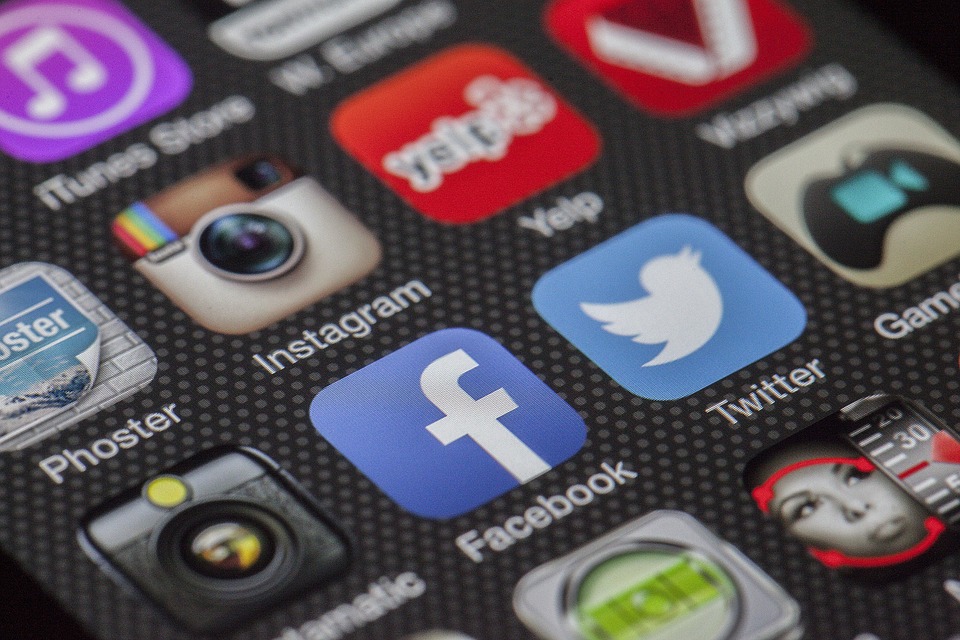We can count on seeing certain stories in the news as part of a pool of general interest that changes over time. Consider the endless stories questioning the value of college education, pronouncing the harms of artificial sweeteners, describing storms in the Atlantic, or detailing various crises at the border.
Increasingly, that same body of news includes depictions of social media as an unregulated wild west. Many of these stories have to do with the ways social media companies use our personal information. For example: To what degree should advertisers be able to target people like us with ads we supposedly would like to see?
Yet the angle that concerns me has to do with social media’s function as a platform for sharing information, beliefs, and opinions.
Thus, we see replay after replay of the interview or the panel where some astute opiner notes on CNBC or CNN or Fox or MSNBC or in the pages of the Washington Post or the New York Times that social media platforms must be regulated in the same fashion as publishers and broadcasters. Typically, this argument is received as some kind of deep wisdom.
But it is not wise. Treating social media companies like publishers and broadcasters would result in a diminution of freedom and the enhancement of corporate elites’ power to monopolize news and opinion.
Social media companies are not like publications. At least, they are not like publications in their core functions. Certainly, Facebook should be responsible for those things it chooses to broadcast via its Facebook Watch channel. The company selects what appears there and has to stand behind it. However, with regard to the continuing flood of material that ordinary Facebook members post, share, comment upon, and otherwise interact with in a variety of ways, it is utterly ridiculous to expect the company to exercise some kind of quality control. We should not ask them to do it, nor should we encourage them to construct systems that use artificial intelligence to empower censorship of political news and opinion.
Facebook, Twitter, and other social media platforms are simply not situated like typical publishers and broadcasters. A large newspaper can easily control their own writers and contributors. So, too, can a cable news channel or a network. But there is no practical way that a social media platform can exercise meaningful supervision over the material that billions of people could potentially share.
Rather than rely on increased control—whether from corporations or government—we ought to exercise some of the virtue that is necessary for free citizens who govern themselves. If a story or opinion is shared on Facebook that makes excessive or outright false claims, the answer is not that it should be repressed. Rather, falsehood should be met with an answer. It should be criticized, countered, discussed, explored, etc.
Who should be capable of doing that? Any group of citizens who would claim they have the right to govern themselves.
